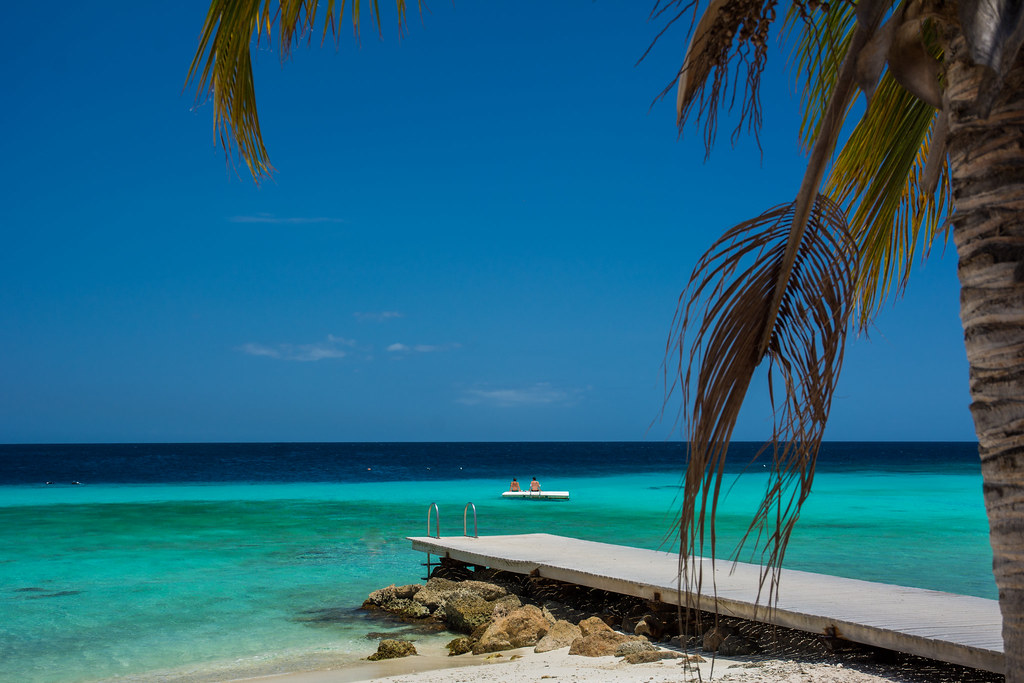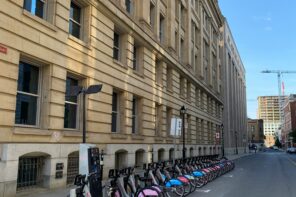Are you excited to get back out and explore the world once the pandemic is over? If so, then you’re not alone. Cabin fever is real and it has led to huge pent-up demand for travelling. Leisure travel is set to rebound as countries begin to reopen their borders after months of closures. However, it will probably look very different than the last time you went on a holiday.
The world is starting to heal. After over a year of ambiguity and “unprecedented times” (aren’t we all tired of hearing that expression?), the light at the end of the tunnel is in sight as countries around the world ramp up efforts to get their citizens vaccinated against COVID-19 as quickly as possible. While the pandemic may not be over yet, it is clear that things are looking better than they were a few months ago, and they will keep on improving going forward.
One thing is clear: most people are eager to travel again. Leisure travel is expected to be the driver of commercial aviation’s path to recovery. According to a survey conducted by the Travel Technology Association, 65 percent of responders plan to travel more than they did before the pandemic. A McKinsey partner in China told the Washington Post that domestic travel within China had already bounced back to around seventy percent of pre-pandemic levels by August 2020. “Revenge travel”, the concept that travel will drastically increase after the pandemic to make-up for all the time spent confined at home, is likely to occur. A survey by Harris Poll illustrated the fact that the longer people are unable to travel, the greater the demand for travel will be. The study identifies a positive correlation between countries with high levels of infections and the desire to travel, which only serves to confirm the takeaway that after over a year of strict lockdowns, people are eager to get back out into the world. Harris Poll’s survey revealed that the most common reasons for leisure travel after the pandemic are confidence that the public health risks will be significantly reduced, a strong desire to reconnect with family and friends, and a need to change scenery after “sheltering in place”.
Travellers should also expect more attractive offers than before as airlines and hotels attempt to boost demand. For much of the COVID-19 pandemic, commercial airline fares have been extremely low and some experts expect this to last even beyond the crisis. According to Kerry Tan, associate professor of economics at Loyola University Maryland, airlines simply do not have the market power to raise prices given that demand for travel is far from normal.
It is therefore not a matter of if, but when leisure travel will come back. A survey by consulting firm Oliver Wyman asked respondents when they believe they will take their first trip after the COVID-19 pandemic. Many people are waiting for the green light from the World Health Organization. Others are relying on government restrictions on travel to be lifted. On a personal level, some respondents will feel more comfortable travelling once they receive their COVID-19 vaccine while others will start packing their bags when local transmission of the virus decreases.
….the end of the pandemic could bring about the rebirth of road trips, as people celebrate their post-quarantine freedom…
While this all sounds like a return to normal, leisure travel is going to look quite different, at least in the short-term. Society is not going to wait for 70 percent of the global population to be vaccinated before it starts to move again, so temporary safety measures will be necessary until a high level of herd immunity is reached. Those measures include mandatory mask-wearing and social distancing between passengers when possible. Furthermore, some domestic travelers may opt to travel by car rather than flying in the next few years to avoid large crowds. According to HospitalityNet, the end of the pandemic could bring about the rebirth of road trips, as people celebrate their post-quarantine freedom. The very structure of leisure travel is set to change. Euronews defines the conscious traveler as someone willing to stay away from home for an extended period thanks to remote working, and is “more appreciative of their surroundings and less reckless in their spending”. Conscious travel involves more meaningful experiences, motivated not by “clout” and social validation but personal growth and a renewed sense of freedom. Trips may become longer and more spread-out rather than point-to-point, as travellers will cherish both the destination and the journey itself. Conscious travel aims to be more eco-friendly, with people eager to spend less time in urban centers and more time discovering nature.
The idea of a vaccine passport is gaining ground in the developed world…
How about vaccine passports? The issue has been at the forefront of heated debates in several countries as of late. While it is unlikely that vaccination against the coronavirus will become mandatory, failure to provide proof of vaccination could create consequences, such as not being able to hop on a plane and attend large events. The idea of a vaccine passport is gaining ground in the developed world. An example is the European Union’s proposed digital health pass to facilitate cross-border travel in and out of its borders. Australian airline carrier Qantas is already asking for proof of recovery or vaccination for all passengers. Commonpass is a new digital platform that will allow airlines, hotels, concert, and sports venues to verify that visitors are vaccinated against COVID-19. If implemented, vaccine passports would likely take the form of a digital QR code that contains information such as when the individual was vaccinated and what vaccine they received. Some countries, however, are less quick to support the vaccine passport initiative. Countries like Germany, as well as the World Health Organization and other human rights groups, believe that vaccine passports will increase inequalities, as not everyone has access to a vaccine.
With an end in sight to a pandemic that has pulled the brakes on our lives, we can finally start thinking about our next big adventure. I, for one, am excited to go on a fun road trip with friends along the East Coast when restrictions are lifted and it is safe enough to do so. To me, travel is associated with freedom, friendship, and personal growth. American traveller Christopher McCandless once said: “The very basic core of a man’s living spirit is his passion for adventure”.








